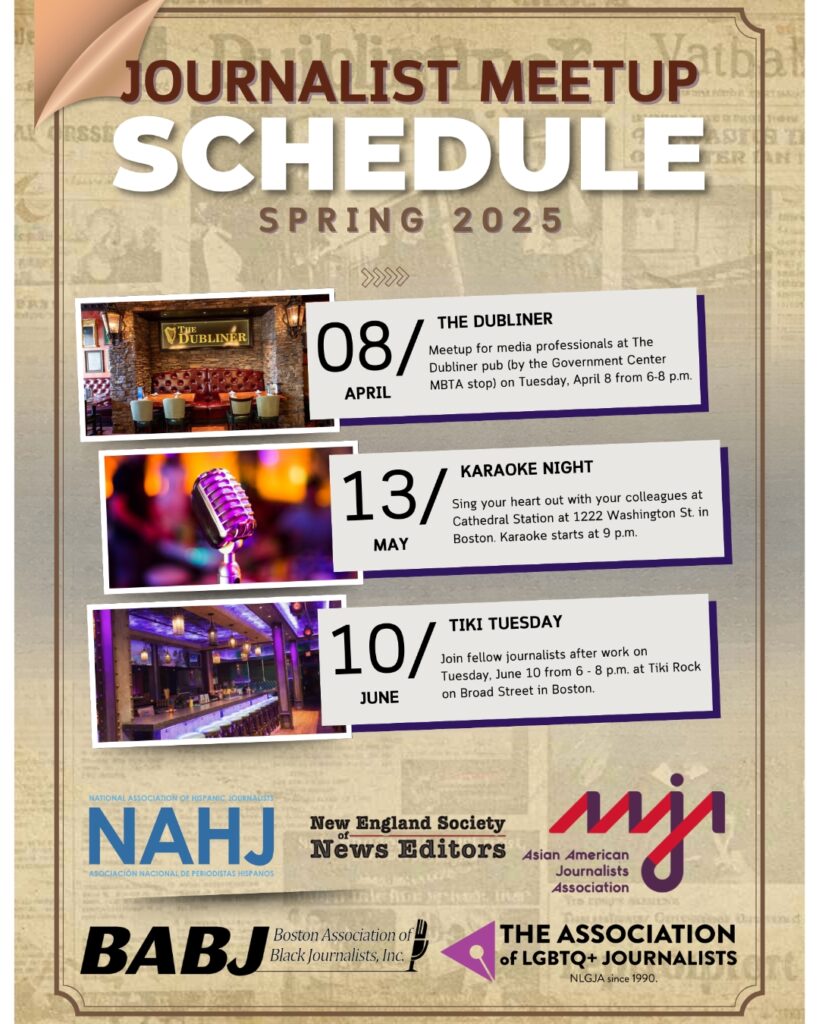 After another successful networking night in March, the monthly journalist meetup series continues in Boston this spring with three exciting events designed to help media professionals connect and collaborate in relaxed, social settings.
After another successful networking night in March, the monthly journalist meetup series continues in Boston this spring with three exciting events designed to help media professionals connect and collaborate in relaxed, social settings.
Spring 2025 Meetup Schedule:
📍 Tuesday, April 8 – The Dubliner, Boston
Join fellow journalists at The Dubliner, a cozy pub conveniently located near the Government Center MBTA stop, from 6 to 8 p.m. It’s a great spot to grab a drink, share ideas, and grow your local media network.
🎤 Tuesday, May 13 – Karaoke Night at Cathedral Station
Unwind and belt out your favorite tunes with colleagues at Cathedral Station (1222 Washington St., Boston). The karaoke kicks off at 9 p.m., but feel free to come by earlier and mingle!
🌺 Tuesday, June 10 – Tiki Tuesday at Tiki Rock
Celebrate the start of summer with a tropical twist! Head to Tiki Rock on Broad Street in Boston for Tiki Tuesday from 6 to 8 p.m. Expect good vibes, fun cocktails, and great conversation.
These meetups are open to all journalists and media professionals in the region, and organized by the New England Society of News Editors, the Boston Association of Black Journalists, the New England chapters of the Asian American Journalists Association (AAJA), the National Association of Hispanic Journalists (NAHJ), and NLGJA: The Association of LGBTQ+ Journalists, with support from the New England Newspaper & Press Association (NENPA). Together, these organizations are creating a space for meaningful connections and professional growth.
Whether you’re a seasoned reporter or just starting your journalism career, these events offer a fun, casual way to meet peers, exchange ideas, and build community.
Spread the word and bring your colleagues! To RSVP or for more information, email emily.sweeney@globe.com.
We look forward to seeing you there!

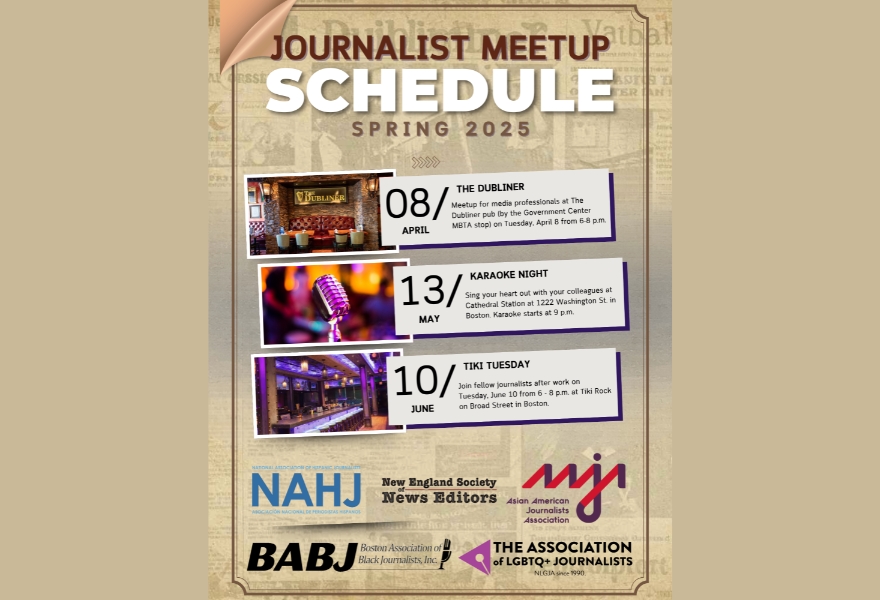
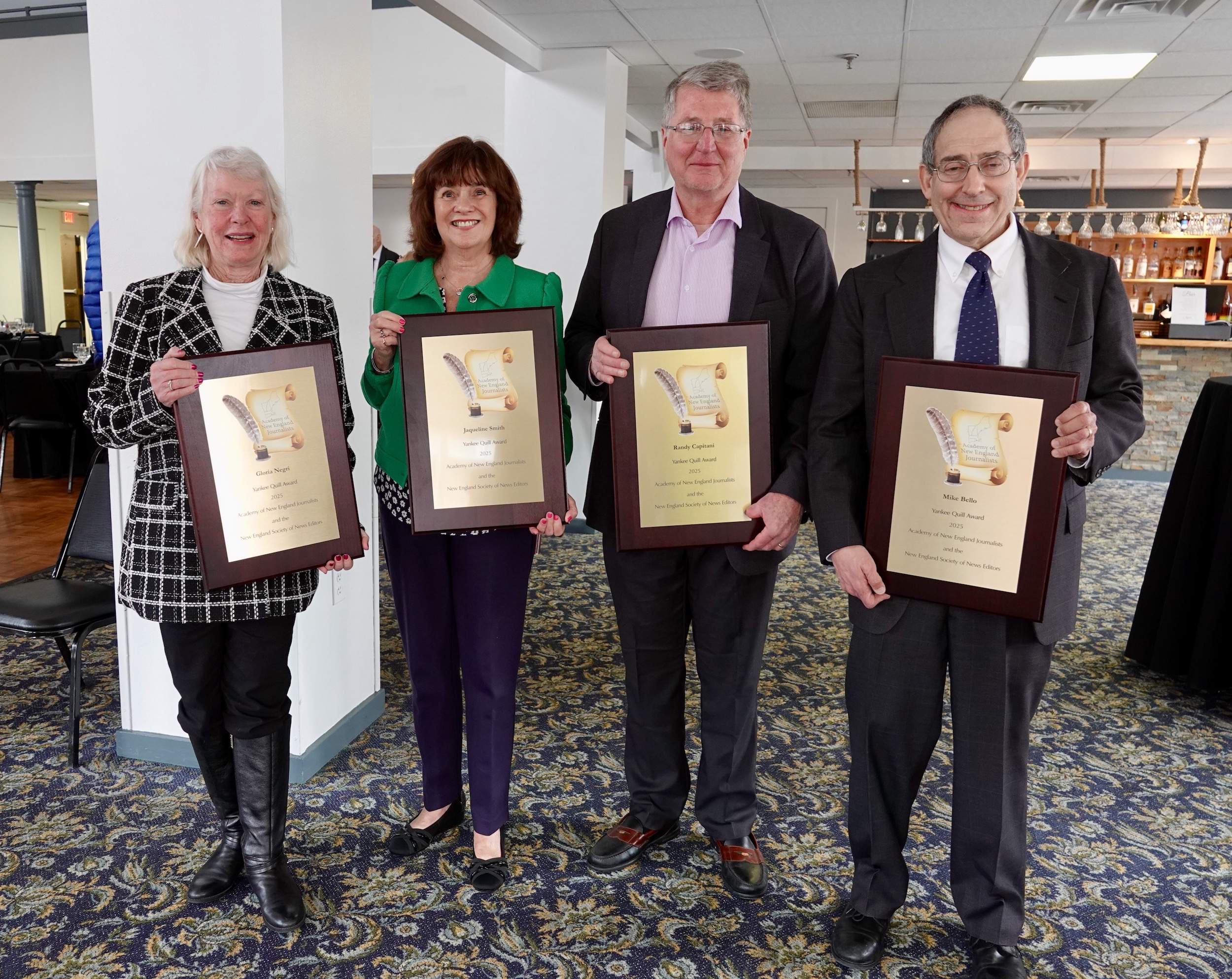
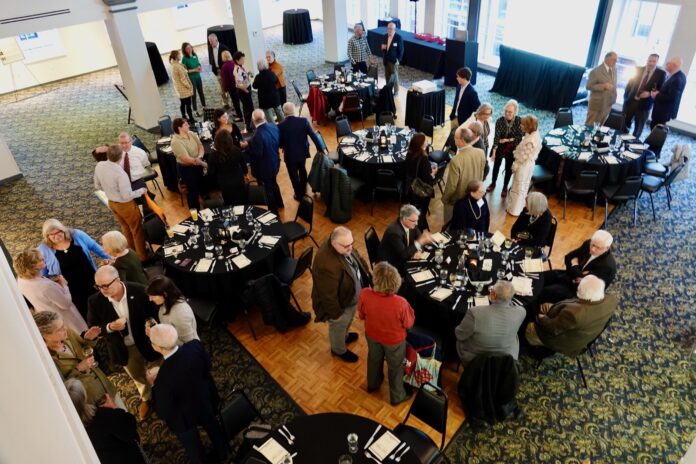
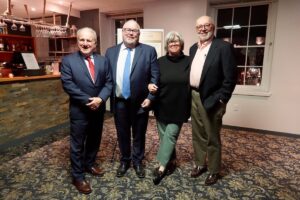 Four distinguished journalists were inducted into the New England Newspaper Hall of Fame during a celebratory dinner held on March 28 in Portland, Maine.
Four distinguished journalists were inducted into the New England Newspaper Hall of Fame during a celebratory dinner held on March 28 in Portland, Maine.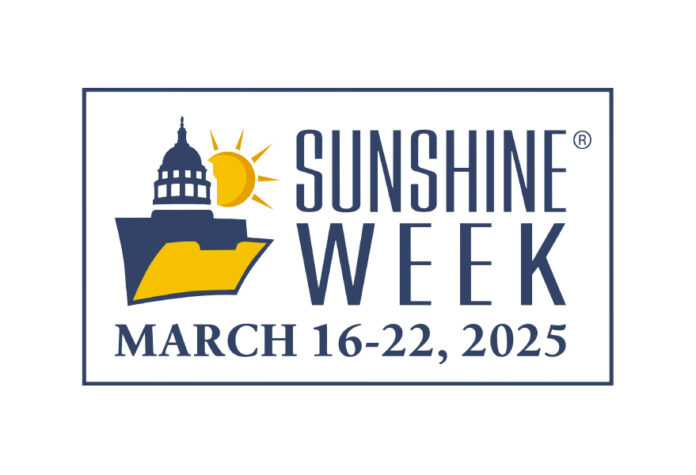
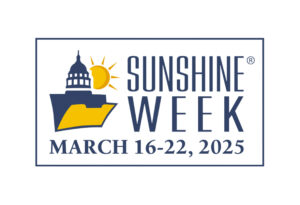 As
As 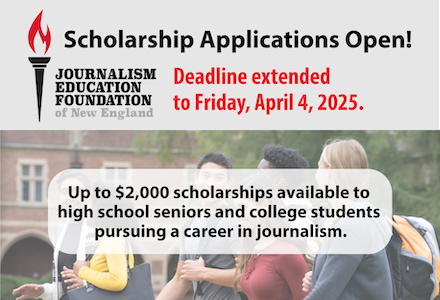
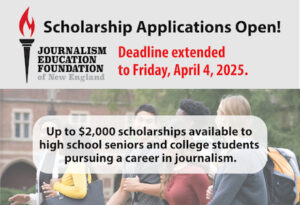 The Journalism Education Foundation of New England (JEFNE) is now accepting applications for its 2025 scholarship program, including the prestigious MacGregor Fiske Award. The program aims to support aspiring journalists from New England as they pursue careers in the field.
The Journalism Education Foundation of New England (JEFNE) is now accepting applications for its 2025 scholarship program, including the prestigious MacGregor Fiske Award. The program aims to support aspiring journalists from New England as they pursue careers in the field.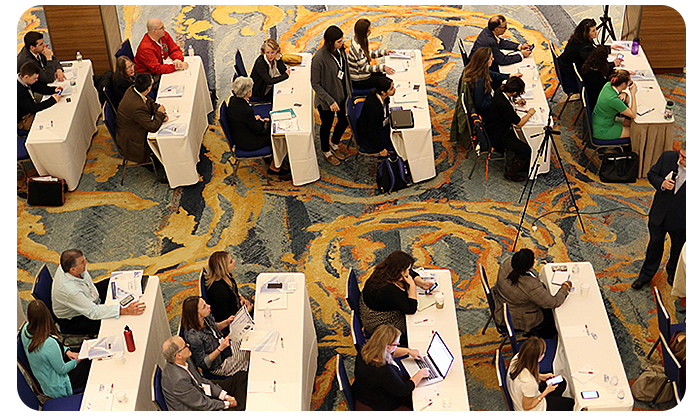

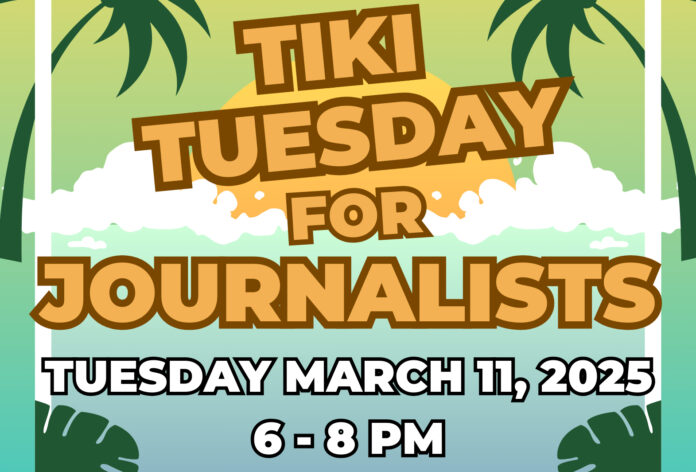
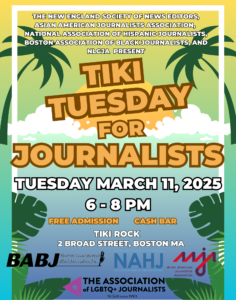 Join fellow New England journalists on Tuesday, March 11, 2025, for an evening of networking, conversation, and collaboration at Tiki Rock in Boston. This exciting event is open to all media professionals across the region and offers a fantastic opportunity to connect with colleagues and expand your professional network.
Join fellow New England journalists on Tuesday, March 11, 2025, for an evening of networking, conversation, and collaboration at Tiki Rock in Boston. This exciting event is open to all media professionals across the region and offers a fantastic opportunity to connect with colleagues and expand your professional network.

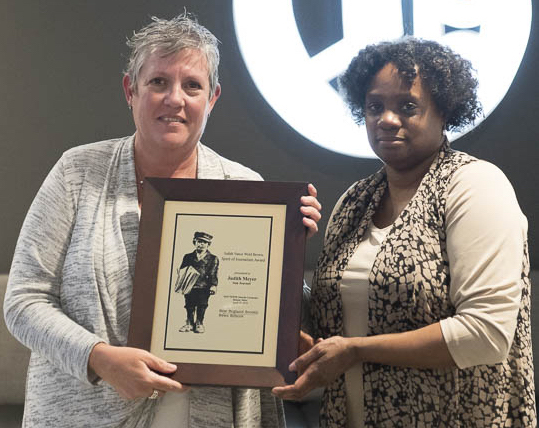
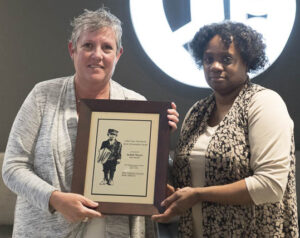
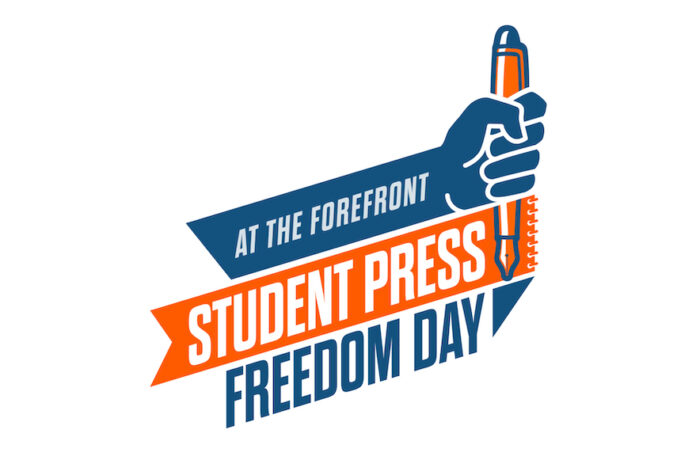
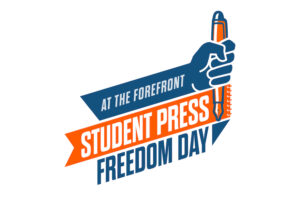 Student Press Freedom Day is a national day of action dedicated to recognizing the vital contributions of student journalists and advocating for their independence, free from censorship or threats to their advisers. It highlights the ongoing issue of arbitrary and unnecessary censorship and calls on elected officials to protect and restore student press freedom.
Student Press Freedom Day is a national day of action dedicated to recognizing the vital contributions of student journalists and advocating for their independence, free from censorship or threats to their advisers. It highlights the ongoing issue of arbitrary and unnecessary censorship and calls on elected officials to protect and restore student press freedom.